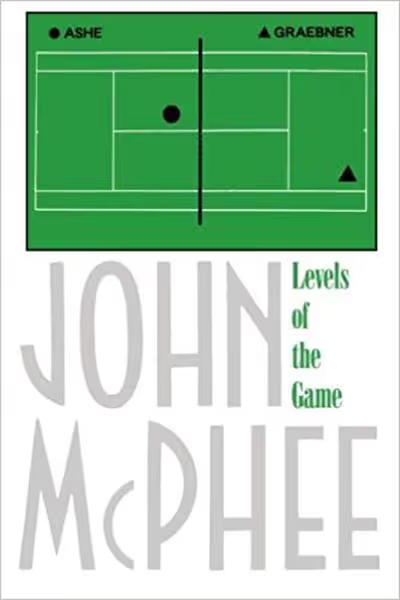All Marketers are Liars
Every marketer tells a story. We'll believe them if they do it correctly. We believe that a $20 glass of wine tastes better than a $1 glass of wine. An $80,000 Porsche, in our opinion, is far preferable to a $36,000 Volkswagen that is basically the same automobile. We believe that $225 sneakers feel and look better on our feet than a $25 pair. And it's only true if you believe it.
Great marketers don't talk about features or even benefits, as Seth Godin has taught hundreds of thousands of marketers and students across the world. Rather, they convey a story—one that we want to believe, whether or not it's true.
Every company is a marketer, and all marketing is about telling stories in a world where most people have an endless amount of options and little time to make them.
Marketers thrive when they present us a tale that suits our worldview, one that we intuitively embrace and then tell our friends about. Consider Dyson vacuum cleaners, Fiji water, or iPods.
But be careful: if your stories are false, you've crossed the line into fraud. Marketers fail when they are self-serving and deceptive, when they abuse their trade's instruments and make the world a worse place. Telemarketers, tobacco corporations, and corrupt politicians have all learned this the hard way.
For the rest of us, though, it's time to embrace the story's power. "Stories make it simpler to grasp the world," writes Godin. We realise that the best way to disseminate a concept is via stories. Storytelling was not invented by marketers. They've just nailed it."
We believe what we want to believe, and once we believe something, it becomes a self-fulfilling truth.
























































